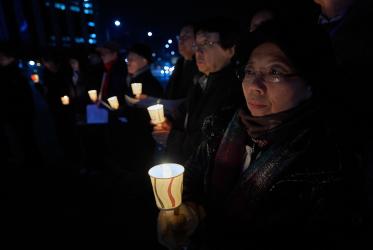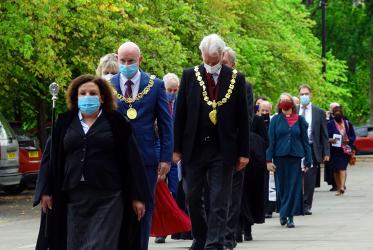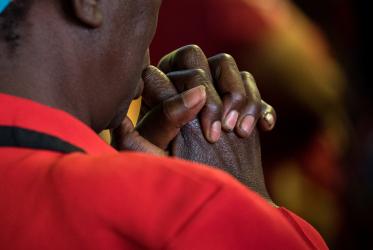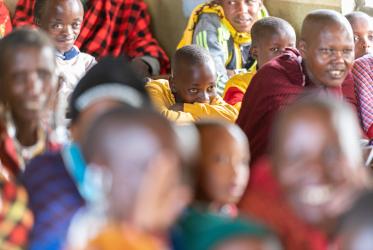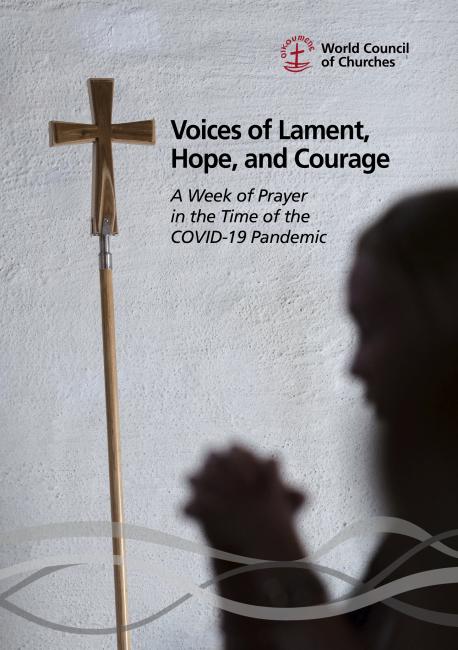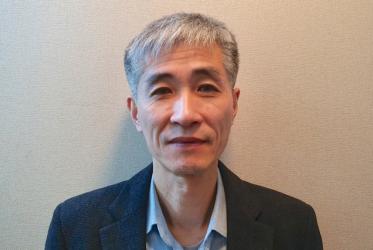Displaying 1 - 18 of 18
WCC leaders recall life-changing experiences from early days
10 February 2022
Voices of Lament, Hope, and Courage
A Week of Prayer in the Time of the COVID-19 Pandemic
18 March 2021
Rev. Shin Seung-min: “We want to create hope, not despair”
22 December 2020



